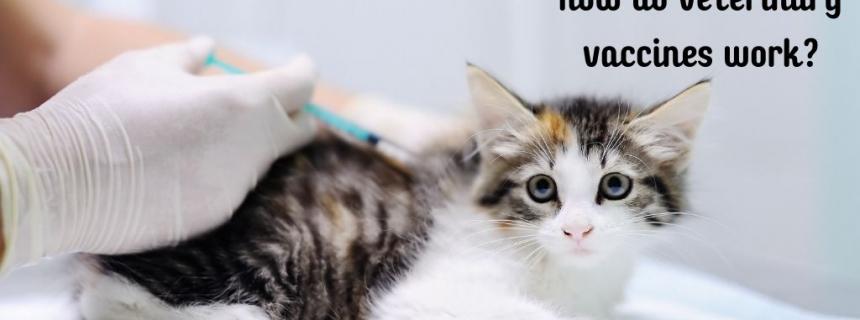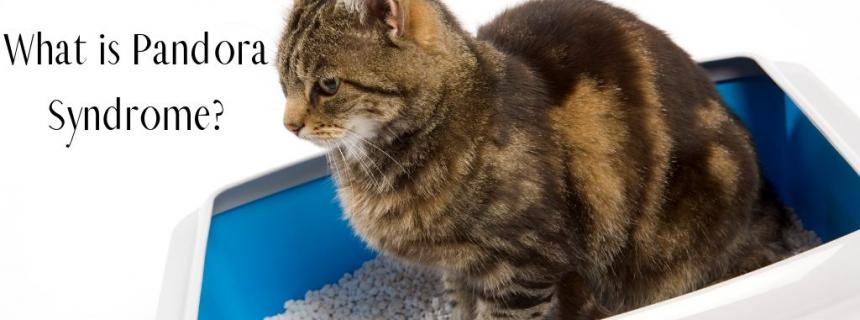How Veterinary Vaccines Work
Effective vaccines can give you peace of mind when it comes to the good health of your pets. And in fact, many states and municipalities require proof of immunization for dogs and cats. Can you imagine encountering a rabid dog on your daily walk with Fido?
Read More
Take Your Cat to the Vet Day
August 22nd is “Take Your Cat to the Vet Day.” This day was created to help give cat owners a reminder that their feline family members need to have routine checkups just as much as their canine and human counterparts.
Read More
What are Roundworms?
Roundworms are intestinal parasites that can affect our pets, and they can even be passed along to us! While many puppies and kittens are actually born with roundworms, they can be managed and cleared, and you can protect your pet all the way through adulthood.
Read More
Why Should Indoor-Only Cats be Microchipped?
National Check the Chip Day is August 15th. This important date isn’t the occasion to rummage through your pantry for stale snacks (although that’s always a good thing to do once in a while); it’s actually meant to serve as a yearly reminder to pet owners to check their pets’ microchip registrations and update any information if necessary.
Read More
Celebrate Spoil Your Dog Day with These Fun Ideas
August 10th is Spoil Your Dog Day, and while it might sound like a great opportunity to lavish your furry best friend with delicious treats, that might not be the healthiest thing for your dog. Dogs should not consume an excessive amount of calories from treats, and they should generally not have “human treats,” either.
Read More
How Do I Know When to Take My Pet to the Vet?
How do I know when to take my pet to the vet? This is a good question. And it is a rather common question. Because too many times, pet owners worry that they waited too long or brought their pet to see the doctor too soon, and somehow they will be at fault if Fluffy has any issues.
Read More
Summer Heat and Your Dog
Temperature elevation in your dog can happen for more than one reason - they could have a fever (which often means infection), or it could be elevated from environmental factors such as heat and humidity. A dog’s normal temperature ranges from 99 to 102 degrees Fahrenheit, and temperatures in the 103-105 range could mean heat exhaustion.
Read More
What is Pandora Syndrome?
Kitty urinary problems are often difficult to diagnose. They can even be difficult for you as the cat owner to recognize unless kitty chooses a location away from the litter box to urinate. Cats can also have blood in the urine and painful urination.
Read More








